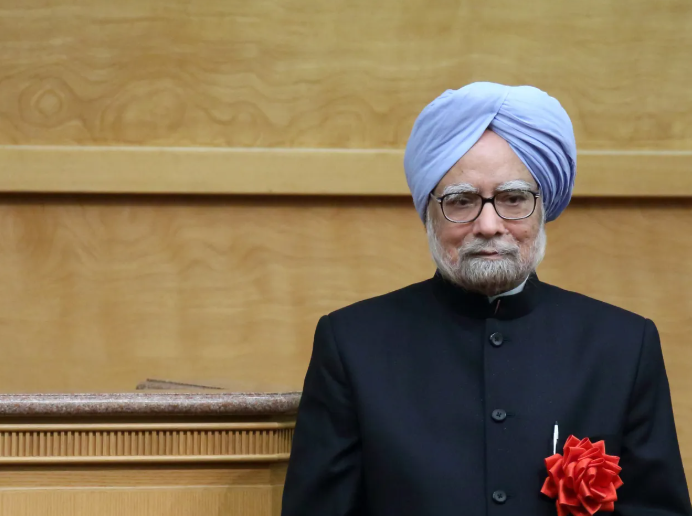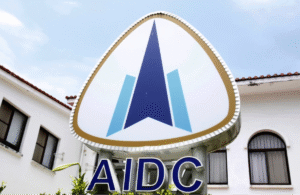Manmohan Singh, a quietly spoken leader often described as a “reluctant king” during his tenure as Prime Minister, is widely regarded as one of India’s most accomplished leaders. At 92, Singh, the first Sikh to hold the office, passed away after being hospitalized following a sudden loss of consciousness. He had been receiving treatment for age-related health issues.
Singh is particularly remembered for guiding India through a period of remarkable economic growth, helping to lift millions out of poverty. His leadership extended into a rare second term as Prime Minister. Current Prime Minister Narendra Modi expressed the nation’s sorrow over his death, praising Singh’s distinguished contributions to the country.
Born into a poor family in what is now Pakistan, Singh studied by candlelight and went on to study at Cambridge and Oxford, earning a doctorate with a thesis on exports and free trade in India. Initially a respected economist, Singh later served as the Governor of India’s central bank and as a government advisor. Despite having no political ambitions, he was unexpectedly appointed Finance Minister in 1991, where he spearheaded reforms that rescued India from a dire balance of payments crisis, opening the economy and promoting deregulation.
During his first budget speech, Singh famously quoted Victor Hugo, saying, “No power on earth can stop an idea whose time has come,” emphasizing India’s emergence as a global economic force. His appointment as Prime Minister in 2004 was equally unexpected. Sonia Gandhi, leader of the Congress party, chose him to lead the government after her party’s victory, fearing that her Italian origin could be used against her by political rivals.
Under Singh’s leadership, India experienced a period of extraordinary economic growth. His government introduced welfare programs aimed at the rural poor and implemented significant reforms. In 2008, his administration also secured a groundbreaking nuclear energy trade agreement with the United States, strengthening ties between the two nations. However, Singh’s efforts to further liberalize the economy were often hindered by internal political conflicts and pressures from coalition partners.
“Manmohan Singh: A Leader Whose Legacy Will Be Defined by History”
Although Manmohan Singh earned respect from global leaders, at home, he often had to battle the perception that Sonia Gandhi, the leader of the Congress party, held the real power in his government. Sonia, the widow of former Prime Minister Rajiv Gandhi and a member of India’s politically influential Gandhi family, continued to lead the party and made key decisions.
Singh, known for his simple lifestyle and honesty, was not personally seen as corrupt. However, he faced criticism for not taking stronger action against members of his government as multiple scandals unfolded during his second term, sparking widespread protests.
In the later years of his tenure, India’s economy, which Singh had helped propel, began to falter due to global economic challenges and slow decision-making within the government, which dampened investor confidence. In 2012, Singh’s government was weakened when Congress’s largest ally left the coalition in protest over the introduction of foreign supermarkets.
Two years later, the Bharatiya Janata Party (BJP), led by Narendra Modi, decisively defeated Congress, with Modi promising to end the economic stagnation, tackle corruption, and foster inclusive growth across India.
Despite the setbacks, Singh remained steadfast and defended his record in a press conference before leaving office. “I honestly believe that history will be kinder to me than the contemporary media or, for that matter, the opposition parties in parliament,” he remarked.
Singh is survived by his wife and three daughters.













